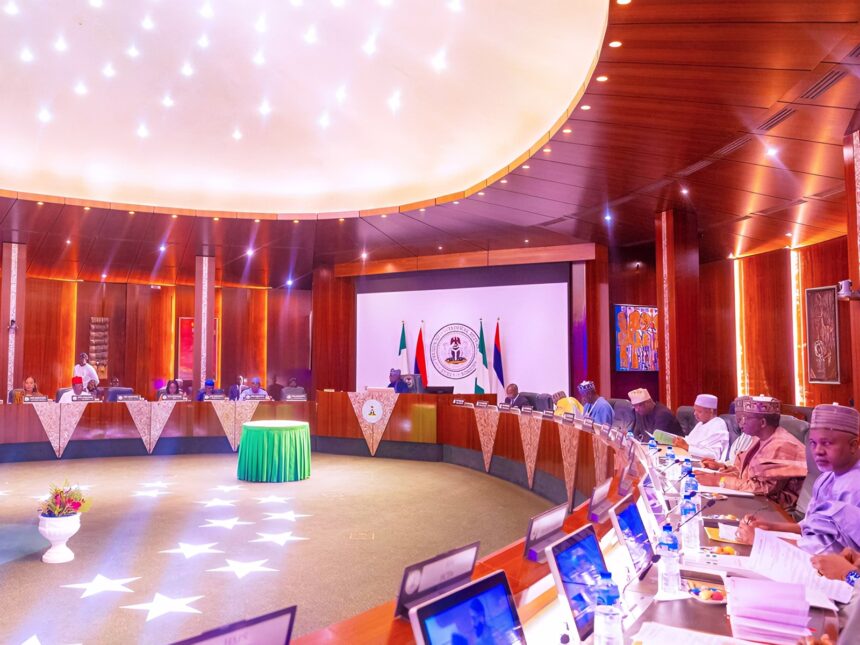President Bola Tinubu’s administration has announced the imposition of a 7-year ban on new tertiary institutions, halting the establishment of federal universities, polytechnics, and colleges of education.
Announced on August 13, 2025, the Federal Executive Council (FEC) said the decision is part of efforts to redirect resources to improve existing institutions grappling with underutilization, poor infrastructure, and declining academic quality.
The Minister of Education, Dr. Tunji Alausa, revealed that the 7-year ban on new tertiary institutions stems from alarming inefficiencies in the system.
According to him, many federal universities operate below capacity, with some enrolling fewer than 2,000 students while employing disproportionate staff numbers, such as one northern institution with 1,200 staff for under 800 students.
Additionally, he revealed that 199 universities recorded fewer than 100 applicants through JAMB in the 2024/2025 academic session, and 34 had zero applications.
He said: “In our country, access to quality financial education is no longer an issue.
“What we are witnessing today is duplication of new federal tertiary institutions, a significant reduction in the current capacity of each institution, and degradation of both physical infrastructure and manpower.
“If we do not act decisively, it will lead to marked declines in educational quality and undermine the international respect that Nigerian graduates command.
“For the 2024-2026 academic sessions, about 2.1 million young Nigerians applied to our tertiary institutions.
“However, 199 universities had fewer than 99 applicants, and remarkably, 34 universities had zero candidates applying at all.
“This worrying trend repeats itself in polytechnics and colleges of education too. In fact, 295 polytechnics had fewer than 99 applicants, and 219 colleges of education suffered similar fates, with 64 colleges receiving no applicants at all.”
This, according to the minister, translates into wasted resources and inefficiencies.
He cited an example from the northern region where a federal university had fewer than 800 students but employed over 1,200 staff members.
He continued: “This is simply not sustainable. We need to improve the quality of our education system and increase the carrying capacity of our current institutions so that Nigerian graduates can maintain and enhance the respect they enjoy globally.”





